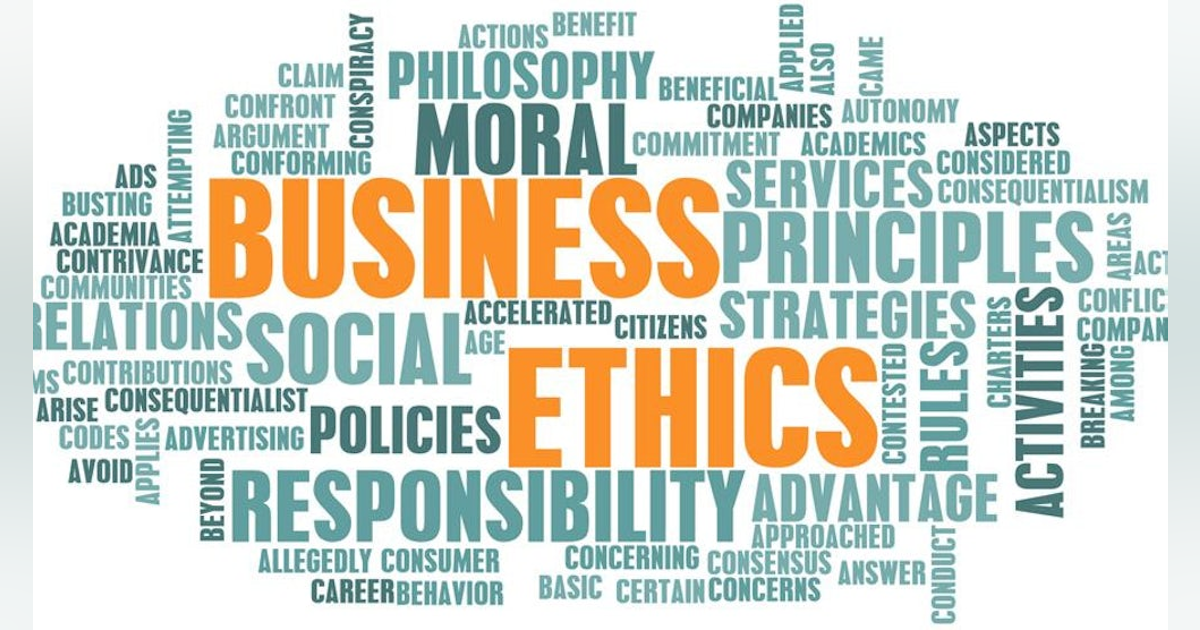Some things are not for sale
[ad_1]
ASSP President Bradley D. Giles wrote in a blog earlier this month that it is important for the profession to uphold high ethical standards.
“As security professionals, we can sometimes find ourselves in potentially compromising situations where we are asked to ignore a hazard, turn a corner, or not report an incident. These pressures can be the result of a variety of factors, from timing issues to concerns about the loss of economic incentives. Current events related to the pandemic response provide more potential cases. For example, could we be asked to forge documents related to COVID-19 vaccination and testing?
As security professionals, we must be prepared to respond to these types of ethical dilemmas. As another ASSP board member, Dan Snyder, wrote in the ethics chapter of the ASSP Consultants’ Business Development Guide, “Ethical thinking creates an immediate benefit to the business. individual who, through reflection, can discover other possibilities of being and behaving. “
He offers 10 principles that he uses to guide my daily interactions and decision-making:
1. Live each day with courage.
2. Take pride in your work.
3. Systematically finish what you start.
4. Do what needs to be done.
5. Be tough, but fair.
6. When you make a promise, keep it.
7. Drive for the brand.
8. Talk less and say more.
9. Remember that some things are not for sale.
10. Know where to draw the line.
“As you envision your job in 2022, I encourage you to ask yourself: ‘Do my actions match my core values ​​and the values ​​of the profession I have chosen? Giles asked.
[ad_2]


Comments are closed.